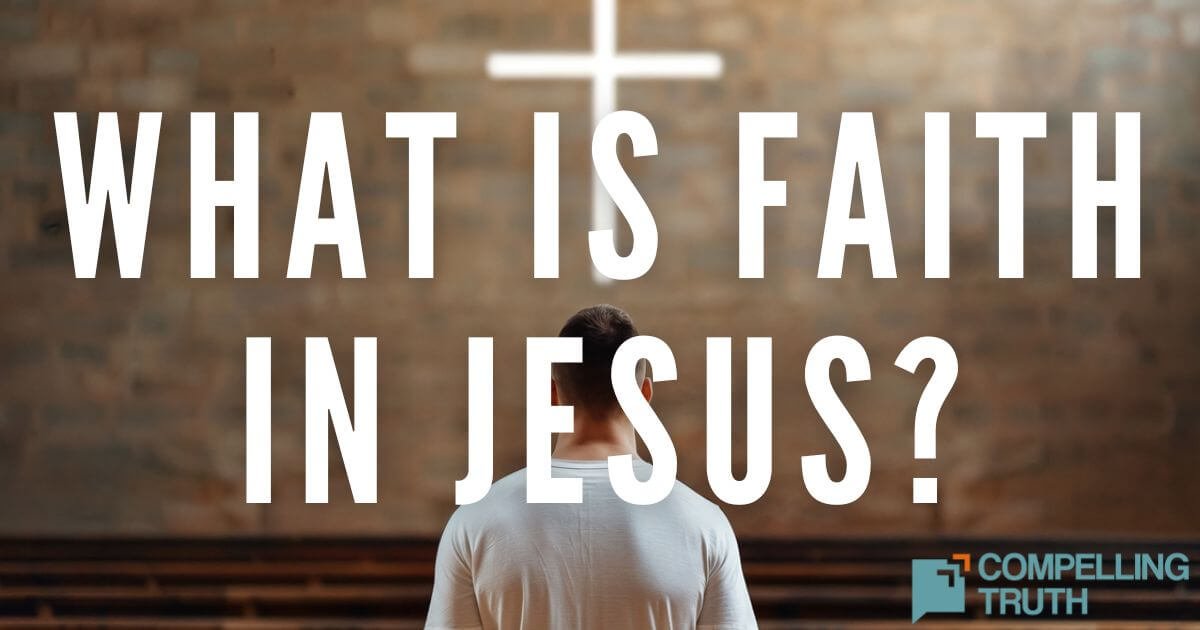Yes Sir, but, I was just showing that belief, but not in agreement with it because of that kind of faith in which I'm not a Catholic, but my faith is to believe in our Lord Jesus Christ.
By
ThoughtCo
Updated on May 04, 2019
The Catholic religion was established in the Mediterranean region during the first century CE by a small group of Jewish men and women, one of several sects which were all bent on reforming the Jewish faith. The word "Catholic" (which means "embracing" or "universal") was first used to refer to the early Christian church by the bishop and martyr
Ignatius of Antioch in the 1st century.
Key Takeaways: Catholic Religion
- Catholicism is a Christian religion, a reformation of the Jewish faith that follows the teachings of its founder Jesus Christ.
- Like other Christian religions as well as Judaism and Islam, it is also an Abrahamic religion, and Catholics consider Abraham as the ancient patriarch.
- The current head of the church is the Pope, who resides in Vatican City.
- There are 2.2 billion Catholics in the world today, 40 percent of whom live in Latin America.
According to figures from the seat of the church, the Vatican in Rome, there are currently 1.2 billion Catholics in the world today: 40 percent of them live in Latin America.
The Catholic religion is
monotheistic, meaning that Catholics believe that there is only one supreme being, called God. The Catholic God has three aspects, known as the Trinity.
The
Supreme Being is the creator, called God or God the Father, who resides in heaven and watches over and guides everything on earth. He is known as the lord of heaven and earth, and referred to as almighty, eternal, immeasurable, incomprehensible, and infinite in understanding, will, and perfection.
The
Holy Trinity is made up of the Father (God), who has no origin and holds the sole power of creation; the Son (Jesus Christ) of God, who shares the wisdom of the Father; and the Holy Spirit, which is the personification of goodness and sanctity, arising from both the Father and Son.
The legendary
Founder of the Catholic Church was a Jewish man named
Jesus Christ who lived in Jerusalem and preached to a small group of followers. Catholics believe he was the "messiah," the son aspect of the Trinity, who was sent to Earth and born to redeem those who sin against the true religion. Christ is said to have had a human body and a human soul, identical to other humans except that he was without sin. Important religious events which are said to have occurred in the life of Christ are a virgin birth, miracles he performed during his life, martyrdom by crucifixion, resurrection from the dead, and ascension into heaven.
Significant Historical Figures
None of the individuals named in the Catholic religion as significant or sanctified figures have powers of creation, and as such, they are not to be worshiped, but they can be appealed to for intercession in prayers.
Mary is the name of the human person who was the mother of Jesus Christ, a resident of Bethlehem and Nazareth. She was told by an archangel that she would give birth to Christ as a virgin, and would remain a virgin after the birth. On her death, her body went through the process known as "the assumption," becoming the Queen of Heaven.
The
Apostles were the original 12 disciples of Christ: led by Peter, a Galilean fisherman who might have been a follower of
John the Baptist first. The others are Andrew, James the Greater, John, Philip, Bartholomew, Matthew, Thomas, James the Lesser, Jude, Simon, and Judas. After Judas committed suicide, he was replaced by Matthias.
Saints are people who lived an exceptionally holy life, including many martyrs from the 2nd and 3rd centuries CE, and afterward, are said to reside eternally with God in heaven.
The
Pope is the supreme pastor for the Catholic church. The first pope was the apostle Peter, followed by Clement of Rome around the year 96.
Walter





 2
2